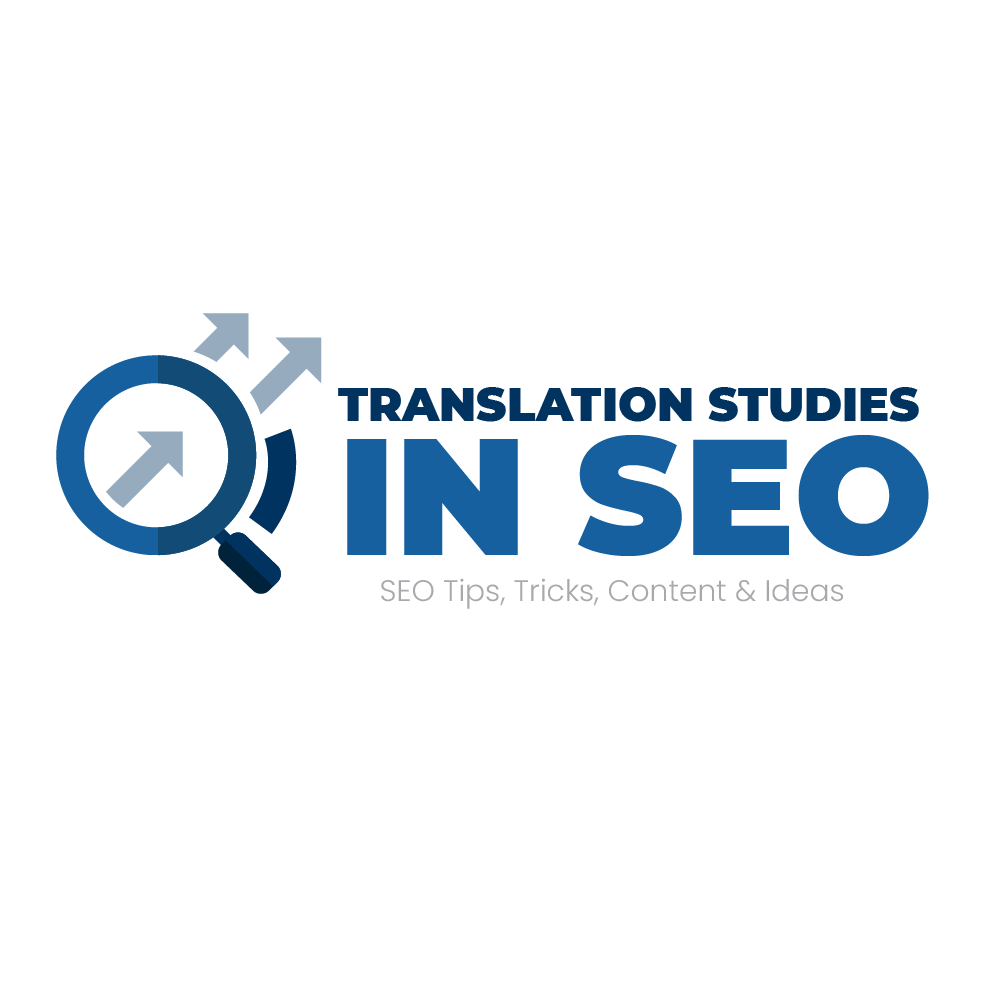
Local SEO offers businesses a cost-effective solution to boost their online marketing. It can increase traffic and leads, provide better returns on investment and ultimately help increase sales.
Local SEO is ideal for businesses that wish to target specific geographic areas or target a certain demographic.
Keyword research
Locating the appropriate keywords to target for local SEO is essential. Keyword research involves gathering a list of words relevant to your business and the geographic areas it services, for instance if your florist sells exotic flowers such as “exotic flower shop”, “flower delivery”, and “wedding bouquet”.
Moz Local Market Analytics, SEMrush Local Search Grid and BrightLocal are three great third-party tools you can use for local keyword research. These tools will allow you to determine search volume in the area as well as competitors. And by creating a list of potential keywords.
Customer surveys and feedback forms can also help your business understand the words and phrases customers associate with it, while regional online forums and community groups provide another insight. Furthermore, you should keep an eye out for organic search terms in your website analytics as well as content on competitor sites to see how customers perceive you and your offerings.
On-page optimization
Content creation for local SEO is of critical importance, from blog posts and page titles to alt tags (HTML image tags). Furthermore, including local keywords in title tags and meta descriptions will boost local rankings significantly. Finally, make sure that your NAP (name, address, phone number) appears consistently throughout your website as search engines value consistency over anything else.
An effective way to optimize your Google Business Profile is using Semrush’s Listing Management. This tool can assist with citation identification, verifying listings, responding to reviews on social media platforms such as Facebook or Yelp and showing which keywords are working as well as those not; providing valuable insight that allows you to adapt your strategy in order to achieve better local SEO results – ultimately leading to increased traffic to your business and more customers – especially important when dealing with local consumers.
Link building
An effective local link building strategy is an integral component of any digital marketing campaign, helping businesses establish relevance and authority within specific geographical regions as well as drive relevant traffic to their website. One effective method for doing this is acquiring links from authoritative websites – specifically niche directories where possible as these will typically carry greater weight.
One effective strategy to increase brand visibility and awareness is creating a local blog with relevant posts that focus on those subjects. Not only will you improve search engine results and brand recognition through this strategy, but user-generated content creation may be possible as well.
Create local links by claiming and updating your Google My Business listing with relevant details, using Monitor Backlinks to track local rankings (this tool shows both 3-pack ranking and regular rankings in one convenient view), or Monitor Backlinks to measure them (both can show three pack rankings in addition to regular ones).
Social media
Local SEO is an invaluable way of reaching people in your local community. Google reports that “near me” searches have seen exponential growth over the last two years and nearly 74% result in store visits. While COVID-19 may have altered consumer behaviors, local SEO remains a necessary element of business success.
Citations is another vital aspect of local SEO. Comprising 11 percent of local pack-ranking factors, it is vital that all citations contain consistent name, address, phone number (NAP), and website URL citations across them all. In addition, regularly gathering reviews through Google Business Listings, Facebook Pages, Yelp reviews or any other means will only enhance citation performance further.
As part of local SEO, it is best practice to fill your URL, title tags, headers and meta descriptions with relevant keywords. Beware not overusing these terms though as search engines could penalize your site due to overuse; rather try and include these words naturally into your content so as to not risk search engine penalties.
